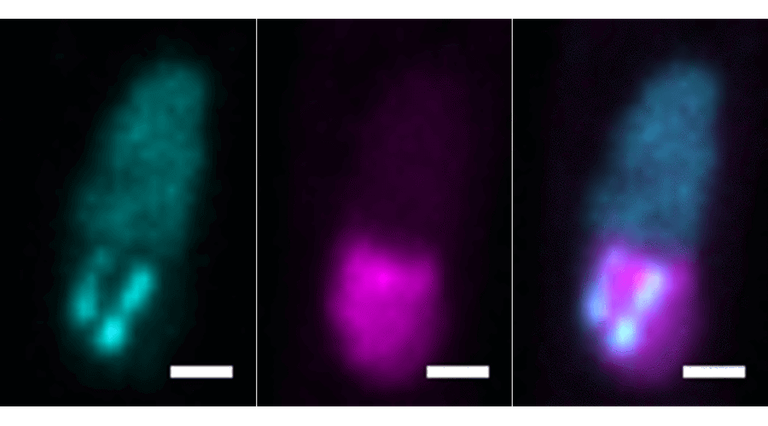The Automation and PCR Technology team is dedicated to successful, high-quality project collaborations. They assist Institute research by supporting the use of numerous state-of-the-art instruments to enable completion of high-throughput projects and screens. The team provides instrument training, troubleshooting, and experimental design for real-time quantitative PCR. They have constructed yeast and bacterial collections, performed high-throughput screens, collaborated with Institute researchers to generate novel technologies, and used instrumentation to make routine laboratory tasks less tedious. The use of liquid handling and colony manipulation robots automate projects while reducing human error and increasing reproducibility. The team also provides automation expertise and guidance for custom automation projects.








